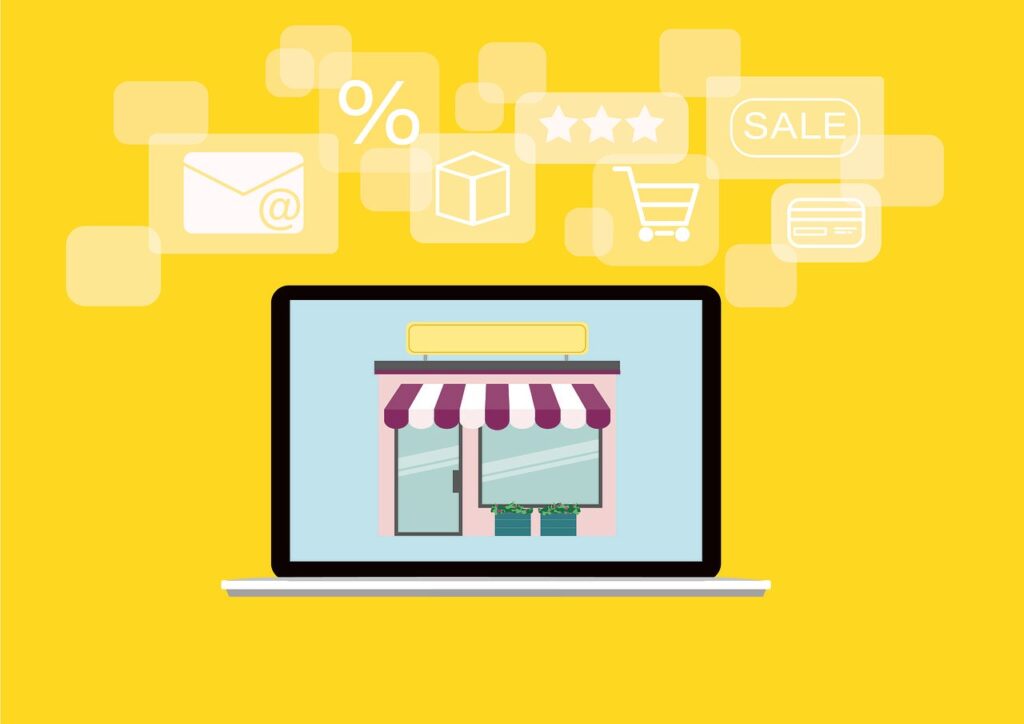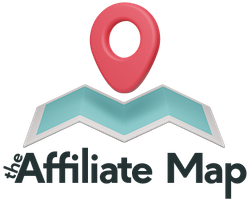Starting an E-commerce Store

Choosing the Right E-commerce Platform
So, you’ve decided to take the plunge and start your own e-commerce store. Congratulations! This is an exciting venture that can lead to great success and fulfillment. One of the first decisions you’ll need to make when starting your e-commerce store is choosing the right platform to build it on. With so many options available, it can be overwhelming to decide which one is the best fit for your business.
One of the most popular e-commerce platforms is Shopify. Shopify is known for its user-friendly interface and customizable features. It’s a great option for beginners who may not have a lot of technical knowledge. With Shopify, you can easily set up your store, add products, and manage orders all in one place. Plus, Shopify offers a variety of themes and apps to help you customize your store to fit your brand.
Another popular e-commerce platform is WooCommerce. WooCommerce is a plugin for WordPress that allows you to turn your website into an online store. If you already have a WordPress website, WooCommerce may be a good option for you. It’s easy to integrate with your existing site and offers a lot of flexibility in terms of design and functionality. Plus, WooCommerce is free to use, which can be a big selling point for budget-conscious entrepreneurs.
If you’re looking for a more customizable option, Magento may be the platform for you. Magento is known for its robust features and scalability. It’s a great option for larger businesses with complex needs. However, Magento can be more difficult to set up and maintain compared to other platforms. If you have the technical know-how and resources to invest in Magento, it can be a powerful tool for your e-commerce store.
For those looking for a budget-friendly option, BigCommerce may be the platform for you. BigCommerce offers a variety of pricing plans to fit different budgets. It’s easy to use and offers a lot of features to help you grow your online store. Plus, BigCommerce offers 24/7 customer support, so you can get help whenever you need it.
When choosing the right e-commerce platform for your store, it’s important to consider your specific needs and goals. Think about the size of your business, your technical skills, and your budget. Do you need a platform that’s easy to use and set up, or are you willing to invest in a more complex system for greater customization? Do you have the resources to maintain a more advanced platform, or do you need something more user-friendly?
Ultimately, the right e-commerce platform for your store will depend on your unique situation. Take the time to research your options and consider what will work best for your business. Once you’ve chosen the right platform, you’ll be one step closer to launching your e-commerce store and reaching your goals. Good luck!
Creating a Strong Brand Identity
So, you’ve decided to take the plunge and start your own e-commerce store. Congratulations! This is an exciting journey that can lead to great success if done right. One of the first steps in creating a successful e-commerce store is establishing a strong brand identity. Your brand is what sets you apart from your competitors and helps customers recognize and remember your store. Here are some tips to help you create a strong brand identity for your e-commerce store.
First and foremost, you need to define your brand’s mission and values. What do you stand for? What sets you apart from other e-commerce stores? Your mission and values should be clear and concise, and they should guide every decision you make for your store. This will help you stay true to your brand and attract customers who share your values.
Next, you need to choose a name and logo that reflect your brand’s identity. Your name should be memorable and easy to spell, and your logo should be visually appealing and representative of your brand. Think about the colors, fonts, and imagery that best represent your brand, and use them consistently across all of your marketing materials.
Once you have your name and logo, it’s time to create a brand voice. Your brand voice is the tone and style of your communication with customers. Are you fun and quirky, or serious and professional? Whatever your brand voice is, make sure it is consistent across all of your marketing channels, from your website to your social media posts.
Another important aspect of creating a strong brand identity is developing a unique selling proposition (USP). Your USP is what sets you apart from your competitors and gives customers a reason to choose your store over others. Maybe you offer free shipping, or maybe you have a generous return policy. Whatever it is, make sure your USP is clear and prominently displayed on your website.
In addition to your USP, you should also consider your brand’s visual identity. This includes everything from your website design to your packaging. Make sure your website is easy to navigate and visually appealing, and consider investing in professional product photography to showcase your products in the best possible light. Your packaging should also reflect your brand’s identity and make a memorable impression on customers.
Finally, don’t forget about the importance of customer service in building a strong brand identity. Your customers are the lifeblood of your e-commerce store, so make sure you go above and beyond to provide them with a positive shopping experience. Respond to customer inquiries promptly, address any issues or complaints quickly and professionally, and always strive to exceed your customers’ expectations.
In conclusion, creating a strong brand identity is essential for the success of your e-commerce store. By defining your mission and values, choosing a memorable name and logo, developing a consistent brand voice, and highlighting your unique selling proposition, you can set your store apart from the competition and attract loyal customers. Remember to also pay attention to your brand’s visual identity and customer service to create a well-rounded brand that customers will love. Good luck on your e-commerce journey!
Implementing Effective Marketing Strategies
So, you’ve decided to take the plunge and start your own e-commerce store. Congratulations! This is an exciting venture that has the potential to be incredibly rewarding both personally and financially. However, as with any business, success doesn’t just happen overnight. It takes hard work, dedication, and a solid marketing strategy to get your store off the ground and into the hands of your target audience.
One of the most important aspects of starting an e-commerce store is implementing effective marketing strategies. Without a solid plan in place to promote your products and attract customers, your store may struggle to gain traction in the competitive online marketplace. Luckily, there are several key strategies you can use to help drive traffic to your store and increase sales.
First and foremost, it’s essential to have a strong online presence. This means creating a professional website that is easy to navigate, visually appealing, and optimized for search engines. Your website is essentially your storefront in the digital world, so it’s crucial that it makes a good first impression on potential customers. Make sure your site is mobile-friendly, as more and more people are shopping on their smartphones and tablets these days.
In addition to having a well-designed website, you’ll also need to focus on driving traffic to your store through various marketing channels. This can include social media marketing, email marketing, search engine optimization (SEO), and pay-per-click advertising. Each of these channels has its own unique benefits and can help you reach different segments of your target audience.
Social media marketing is a great way to engage with your customers and build brand awareness. Platforms like Facebook, Instagram, and Twitter allow you to connect with your audience on a more personal level and showcase your products in a visually appealing way. You can also use social media to run targeted ads that reach specific demographics based on their interests, location, and online behavior.
Email marketing is another powerful tool for e-commerce store owners. By building an email list of customers and potential customers, you can send out targeted promotions, discounts, and product updates directly to their inbox. This can help drive repeat business and keep your brand top of mind with your audience.
SEO is essential for ensuring that your website ranks well in search engine results pages. By optimizing your site for relevant keywords and creating high-quality content, you can improve your chances of being found by potential customers when they search for products like yours online. Pay-per-click advertising, on the other hand, allows you to bid on keywords and display ads on search engines like Google to drive targeted traffic to your site.
In conclusion, starting an e-commerce store is an exciting journey that requires careful planning and execution. By implementing effective marketing strategies like social media marketing, email marketing, SEO, and pay-per-click advertising, you can drive traffic to your store, attract customers, and increase sales. Remember, success doesn’t happen overnight, so be patient and persistent in your efforts. With dedication and hard work, your e-commerce store has the potential to thrive in the competitive online marketplace.
